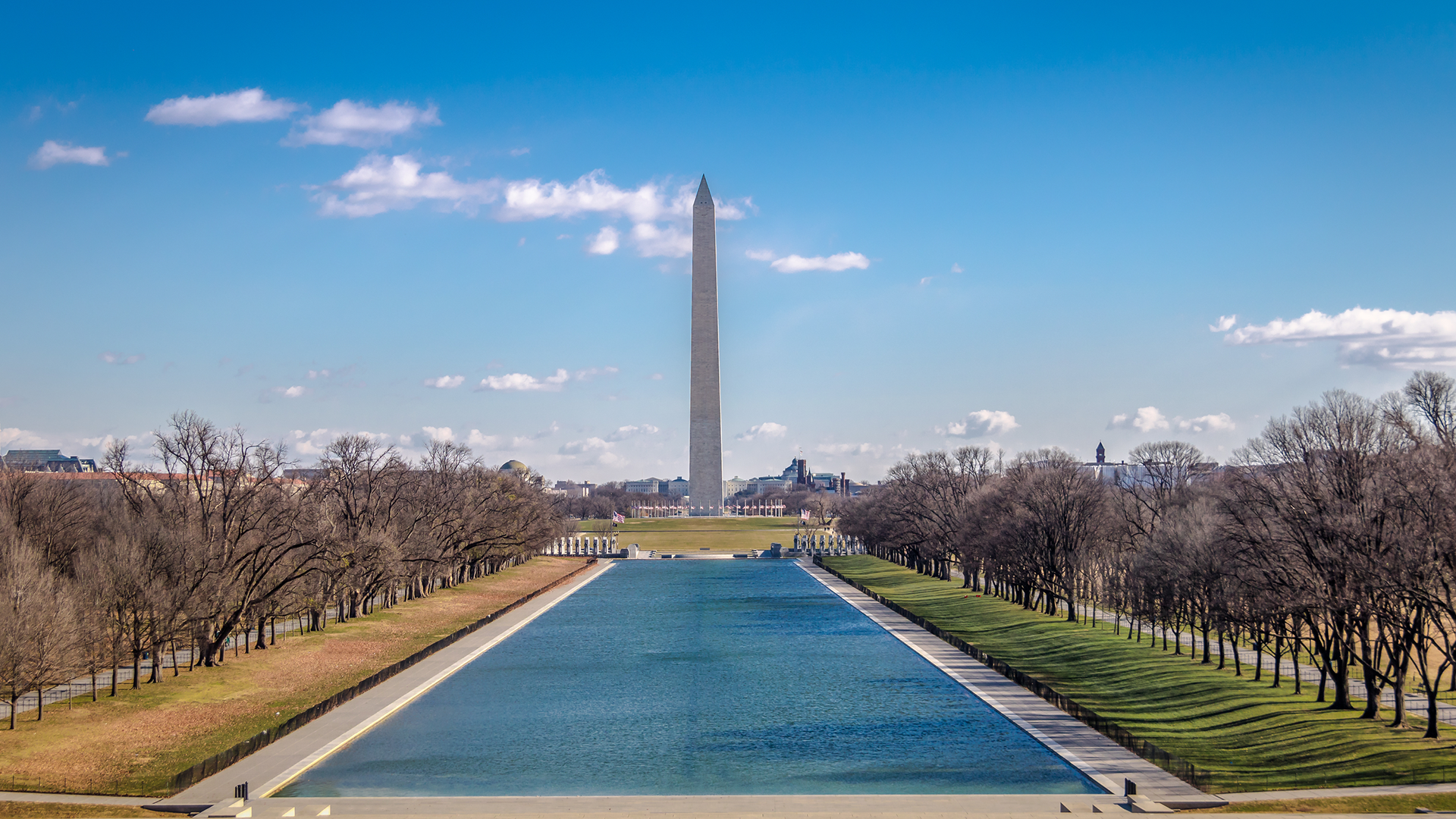In February, President Trump signed Executive Order 14209, which paused enforcement of the Foreign Corrupt Practices Act (FCPA) pending new guidance to prosecutors on how the principal US foreign corruption statute would be enforced going forward. On June 9, 2025, Deputy Attorney General Todd Blanche issued the new DOJ guidelines for FCPA investigations and enforcement (the Blanche Memo). On June 10, 2025, Matthew Galeotti, the Head of the DOJ Criminal Division, announced the new guidance and highlighted some of its key components.
Safeguarding fair opportunities for US companies
The Blanche Memo primarily provides a non-exhaustive list of the key factors that the DOJ will consider when deciding whether and how to pursue an FCPA case. A principal factor that the DOJ will now consider is whether the case would vindicate US interests. The Blanche Memo explains that protecting US companies’ competitiveness safeguards both economic prosperity and national security—and finds that bribing foreign officials to obtain business distorts markets and disadvantages law-abiding US companies. As a result, the DOJ will prioritize cases where the alleged misconduct resulted in economic injury to identifiable US people or companies or deprived them fair access to compete in foreign markets. This is a notable change in focus from prior FCPA enforcement policies.
The additional key factors identified in the Blanche Memo similarly revolve around the vindication of US interests—a “through line” that Mr. Galeotti noted in his announcement. Those factors include: (1) whether the alleged misconduct is linked to the operations of cartels or transnational criminal organizations (a priority target for the Trump administration); and (2) whether the misconduct affects key infrastructure or assets, such as critical minerals or deep-water ports, which are critical to US national security.
Prioritizing investigations of serious misconduct
The Blanche Memo also emphasizes that new FCPA investigations will not focus on “routine business practices” or the type of corporate conduct that involves “generally accepted business courtesies.” Instead, investigations will be particularly focused on individual culpability and cases involving “substantial bribe payments” and other circumstances where there are strong indicators of corrupt intent. Unlike the anti-corruption laws of many other countries, the FCPA contains an exception for facilitation payments, which are payments to foreign officials to expedite the provision of non-discretionary services. The Blanche Memo suggests that the DOJ may take a broader view of this exception, and a more limited view of when providing routine business gifts, entertainment and hospitalities crosses the line into corrupt payments.
Moreover, the new guidelines provide that “prosecutors shall focus on cases in which individuals have engaged in criminal misconduct and not attribute nonspecific malfeasance to corporate structures[.]” This concept may indicate that the DOJ will be more receptive to arguments that US companies should not be prosecuted for actions by autonomous foreign subsidiaries or lower-level employees steps removed from management. It will be important to watch how this is applied going forward.
Notably, the Blanche Memo provides that the DOJ will also consider whether a foreign government is willing and able to investigate the alleged misconduct—signaling that the DOJ may defer to foreign investigations when US interests are not directly implicated. Mr. Galeotti similarly remarked that conduct that did not implicate US interests “should be left to our foreign counterparts or appropriate regulators.” This would be a significant departure from past practice, which saw the DOJ repeatedly tout its cooperation with foreign partners to bring parallel actions.
Recent history shows that sprawling corporate FCPA investigations can take many years to complete and be intrusive to normal business operations. The guidelines attempt to address these byproducts by instructing prosecutors to consider an investigation’s potential disruption to lawful business and the impact on a company’s employees. Presumably to help ensure that new FCPA investigations are commenced with these principles in mind, the Head of the DOJ’s Criminal Division (or a more senior official) must authorize new FCPA matters.
The Blanche Memo dispels the suggestion that the February executive order signaled an end to FCPA enforcement. To the contrary, the new guidance reinforces the fact that FCPA enforcement will remain active, though with a different focus, and may even open new fronts against foreign companies hurting US competitors through bribes.
The considerations in the new guidelines are not intended to be an exhaustive list of what the DOJ will consider when evaluating new FCPA matters. All matters remain subject to the Principles of Federal Prosecution, which require prosecutors to consider a variety of factors, including the seriousness of the offense and the deterrent effect of prosecution. In his announcement, Mr. Galeotti underscored that the DOJ’s emphasis on voluntary self-disclosure remains in place, with both greater benefits for companies that self-disclose and greater risks to those which do not. Companies should therefore continue to be vigilant in designing and implementing their anti-corruption compliance programs.








